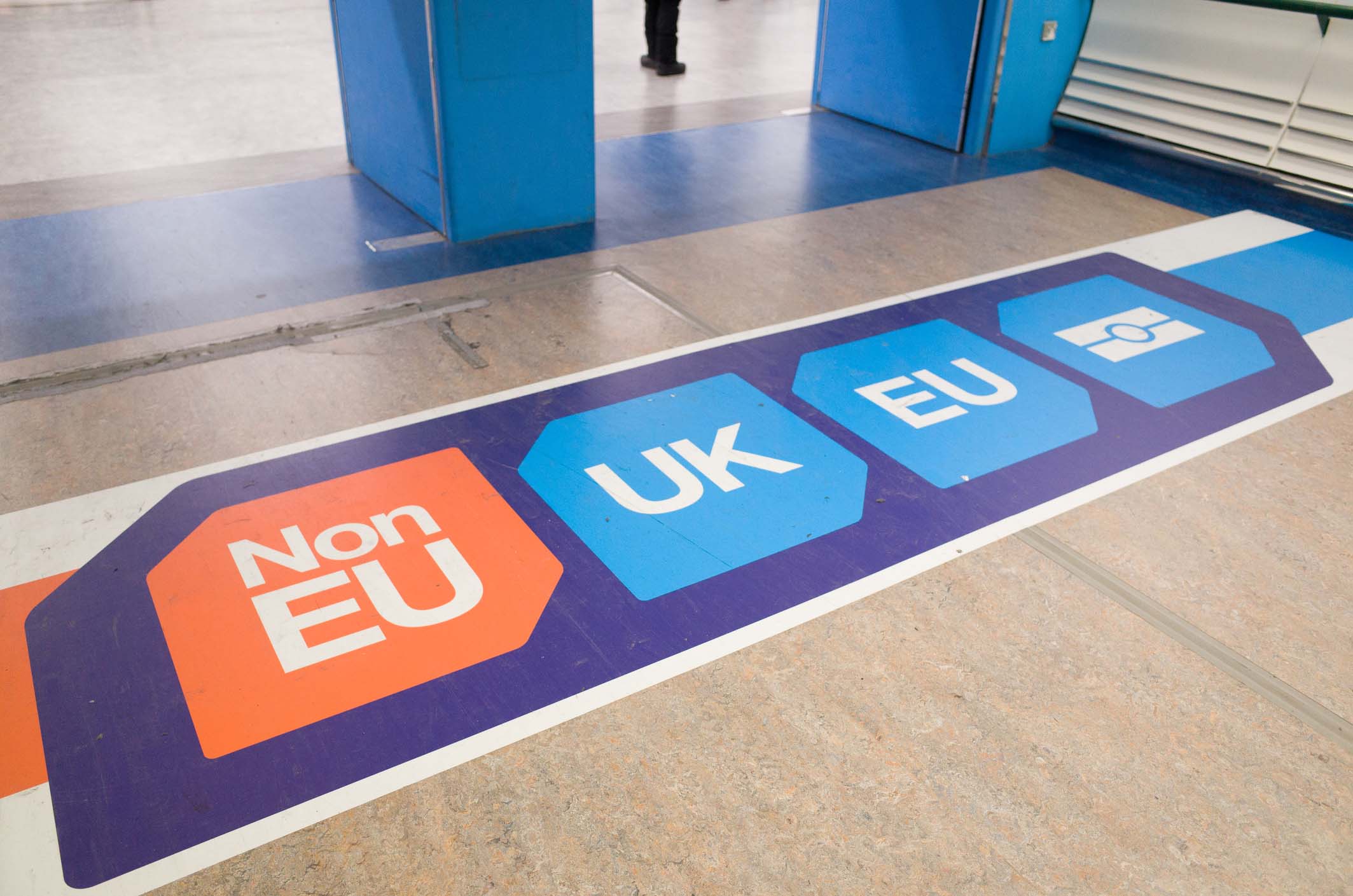Checking your employees right to work in the UK
With remote working now becoming the norm despite the lifting of current COVID-19 restrictions and lockdown rules, the government is changing its approach to how employers and business owners check that all their employees have the legal right to work in the UK. Many businesses have seen the value in remote working – from a cost and productivity perspective.
From 17th May 2021, all employers must be in possession of the original documents being used by the employee to confirm their UK residence and right to work here. This means that employers must see and check all original documents, such as an employee’s passport, Biometric Residence Permit (BRP) or immigration status document.
During the pandemic, the government permitted employers to check these documents via a scan (email attachment) or a video call. This will no longer be allowed after 16th May 2021.
RIGHT TO WORK CHECKS – WHAT IS IT?
To prevent illegal working in the UK, it is a legal requirement for all UK employers and businesses check that all their employees – existing and new hires – have the correct status to work in the UK. This means that they must be British, permanent residents, hold “Indefinite Leave to Remain” status or the correct visa or work permit for gainful employment. It is an offence to employ anyone who does not have the right to work in the UK.
WHAT ARE THE NEW RULES?
Whether you are a small business, medium sized enterprise or a large corporation, you must now be ready for these changes which will take effect from 17th May 2021.
Here is a summary of what you need to know:
- UK businesses must check employees’ original documents to confirm that they have the legal right to work in the UK.
- With your employee’s permission, you can use the Home Office’s online system which allows you to confirm an employee’s right to work if they have:
- a current Biometric Residence Permit or Card,
- status under the EU Settlement Scheme or
- status under the UK points-based immigration system
- Until 17th May, you can continue to check documents using the remote method e.g. asking the individual to scan their documents or arrange a video call with them to compare the scans to the documents they hold.
- You will not be required to carry out retrospective checks on anyone whose documents were checked between 30th March 2020 and 16th May 2021.
CAN I CONTINUE TO CHECK DOCUMENTS VIRTUALLY?
No. From 17 May 2021, you must have physical sight of the original documents. You will not be able to use a virtual inspection of documents via a video call or scanned copies of the document after 16th May 2021.
If your business is reliant on remote workers and there is no opportunity for you to physically check these documents, you would need to ask the employee or new hire to send their original documents to you by courier. Once you receive these documents, you should arrange a video call with them which will allow you to check their identity and immigration status.
PENALTIES FOR NON COMPLIANCE?
Penalties are severe if you do not comply with these new rules. Apart from the reputational damage and potential loss of business, client relationships and even your share price, employers who do not comply to the new rules could be fined up to £20,000 per illegal worker, criminal prosecution and possibly a prison sentence of up to five years.
Due to the pandemic, the Home Office held back on issuing fines relating to illegal workers. However, repost indicate that they issued 77 fines between October and December last year. Businesses affected were from a wide spectrum
HOW WILL THE HOME OFFICE KNOW IF I HAVE COMPLETED MY RIGHT TO WORK CHECKS?
The Home Office are under pressure to ensure that your workforce is made up of legal workers. With the EU Settled Scheme registrations closing at the end of June, it is more important for us to protect our businesses and employees. You could receive a letter in the post stating that the Home Office will be coming to visit your business to check on your employee records. Or you could get a knock on your door. The Home Office has the legal right to visit your business – announced or unannounced.
